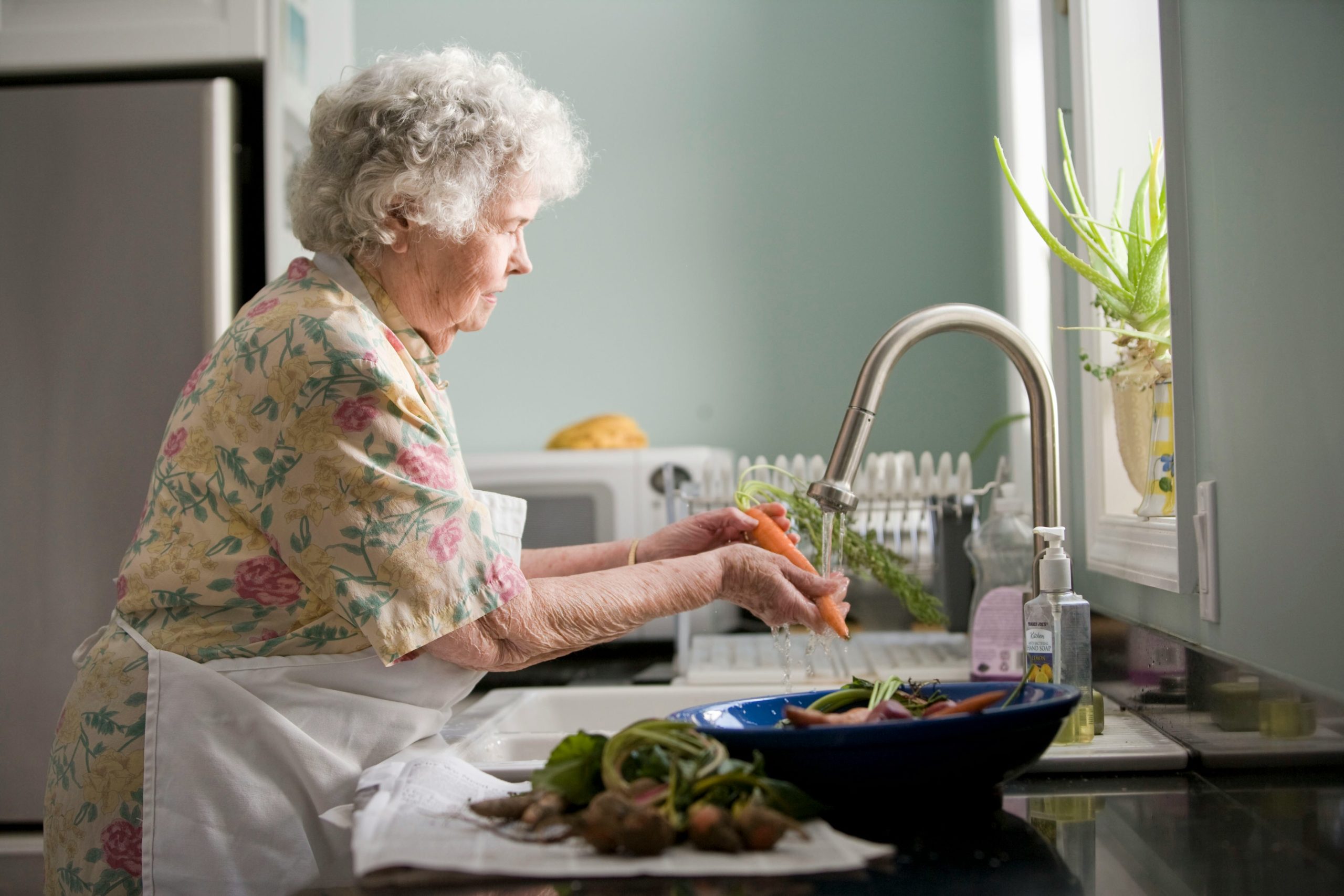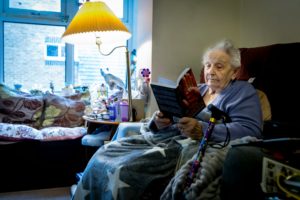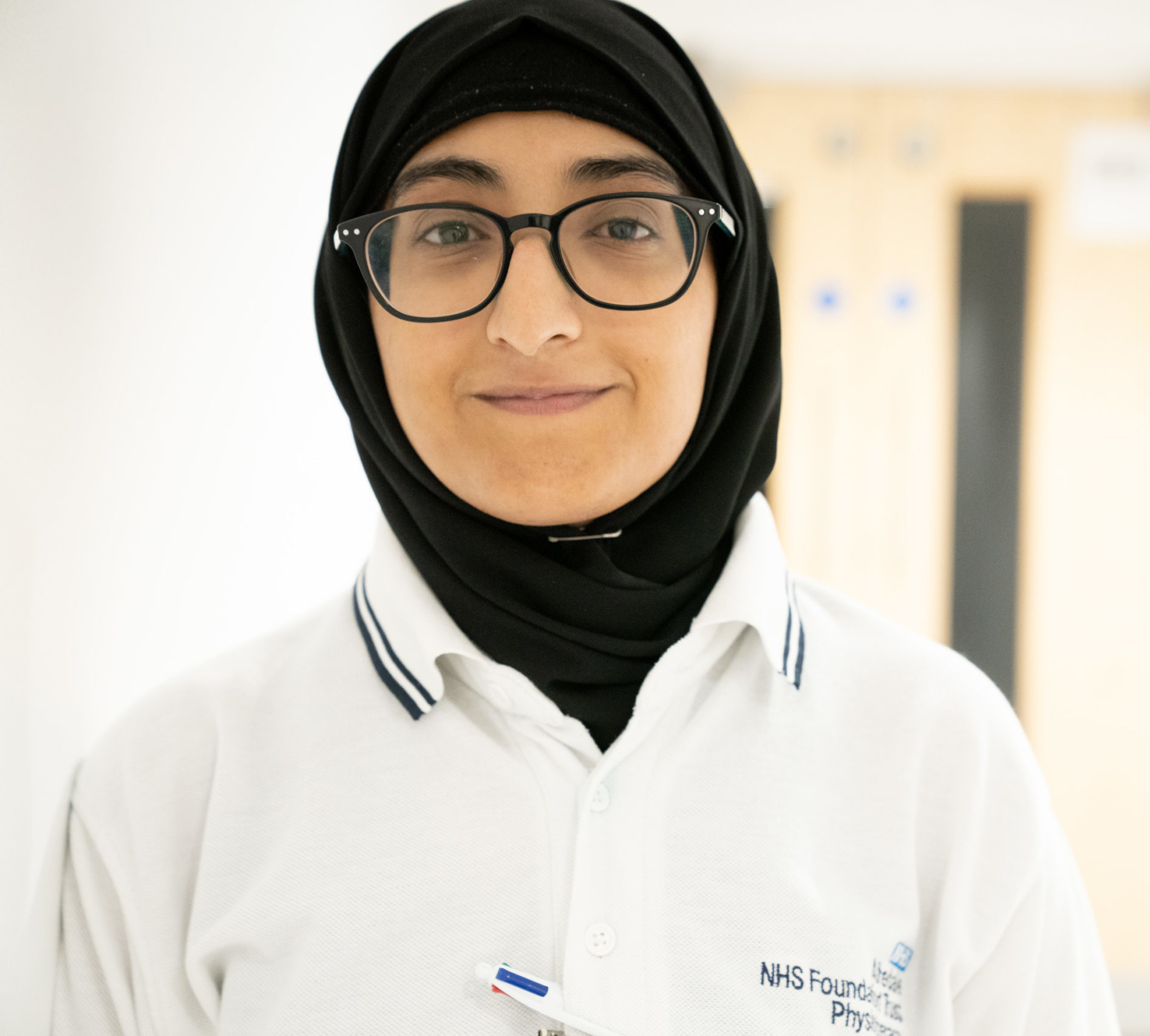
Student Article Series
Allied Health Professionals Working in Virtual Wards

What are Virtual Wards?
The concept of a Virtual Ward has been introduced by the NHS in the past few years and has consistently risen in popularity within hospitals throughout the country. The virtual ward enables the patients to receive similar care to that of within the hospital but in a familiar and homely setting. Virtual wards essentially consist of a multidisciplinary team (MDT) who work to deliver care to patients from within their homes itself rather than having to come into hospitals. The patients are placed on the ward list and prioritised based on their health status and will be seen one to three times a day as per their requirements.

Benefits of Virtual Wards
- Reduced Congestion: Virtual wards help to ease the burden within hospitals by caring for some patients at home. This frees up hospital beds and thus cuts down on waiting times.
- Patient Comfort: Patients can stay comfortable at their home while still receiving high-quality care. This can help them recover faster without the stress of being in a hospital.
- Saves Money: It can be cheaper to treat patients at home than in the hospital. This saves money on things like hospital bed fees and other hospital costs.
- Better Access to Care: Virtual wards can make it easier for people who live far away from hospitals or have trouble traveling to get the care that they need.
- Quick Response and Prevention: By constantly monitoring patients, healthcare providers can spot problems early and respond quickly. This helps avoid serious complications and emergency hospital visits.
- Customized Care: Virtual wards can be adjusted to meet the specific needs of each patient, which can make treatment more effective and encourage patients to follow their healthcare plans.
How a virtual ward team support people at home
Allied Health Professionals (AHPs) play a vital role to the success of virtual wards. These include physiotherapists, occupational therapists, speech and language therapists, dietitians, and many more. They use their special skills to improve patient care at home.
Roles of AHPs in Virtual Wards
- Physiotherapists: They help patients get better at moving and staying active through exercises. They can do this over video calls and also in person, this helps to keep an eye on the patient’s health status.
- Occupational Therapists: These therapists help patients manage everyday activities on their own. They look at the patient’s home setting and suggest changes to help the patient, like installing safety bars or special kitchen tools.
- Speech and Language Therapists: They assist patients who have trouble speaking or swallowing. They assess and help patients, providing exercises to improve their communication and eating skills.
- Dietitians: Proper nutrition is crucial for recovery and health. Dietitians provide individualised support for patients that they can follow from home, and they offer advice for managing health conditions like diabetes, malnutrition, along with many other health conditions.

Benefits of AHP Involvement in Virtual Wards
- Holistic Care: AHPs look after all aspects of a patient’s health, not just the medical side, providing a full range of care.
- Preventative Health: By getting involved early, AHPs can prevent serious problems and reduce the need for emergency treatments or hospital readmissions.
- Continuity of Care: Regular check-ins and monitoring ensure that patients receive ongoing support, making it easier to move between different types of care.
- Patient Empowerment: AHPs teach patients how to look after their health, which helps patients take charge of their own recovery.
- Innovation in Treatment: The teamwork in virtual wards encourages AHPs to use new methods and technologies, continually improving care quality.
The virtual ward setting highlights the importance of building meaningful and professional relations with the patient
Reuben Ninan, physiotherapy student, shared his experience of having a placement in a virtual ward setting.
Personal Placement Experience in a Virtual Ward Environment
I was fortunate to complete one of my physiotherapy placements in the virtual ward of a local hospital. The placement really helped me to gain an understanding in regards to the various roles within the MDT and especially those of the AHP.
Although I was a student physiotherapist, I had to apply my problem-solving skills and understand aspects of other AHP roles as well. For example, when I went to visit one patient’s house, I was able to identify that their home environment was not as ideal as it could have been. Normally, assessing the living environment is the occupational therapist’s role, but in this case, I was able to apply the knowledge that the placement had provided me and identify the appropriate patient requirements and modify it as such. This allows to have an efficient treatment turnaround and enables to patient to optimise their care.
I was also able to improve my interpersonal skills and clinical skills throughout the placement. As the virtual ward revolves around the MDT, it was important that I have effective communication within the appropriate team members and presenting the status of my patients during meetings. The virtual ward setting highlights the importance of building meaningful and professional relations with the patient. Having to record the patients’ vitals which included measuring blood pressure manually, meant that I was challenged to fine tune my clinical skills.
Overall, this placement really provided me a deep insight into the role of the MDT, especially with those of AHPs, and helped to improve various personal skills throughout the whole experience. I thoroughly enjoyed my time in the virtual wards and would encourage future AHPs to experience such a placement.
